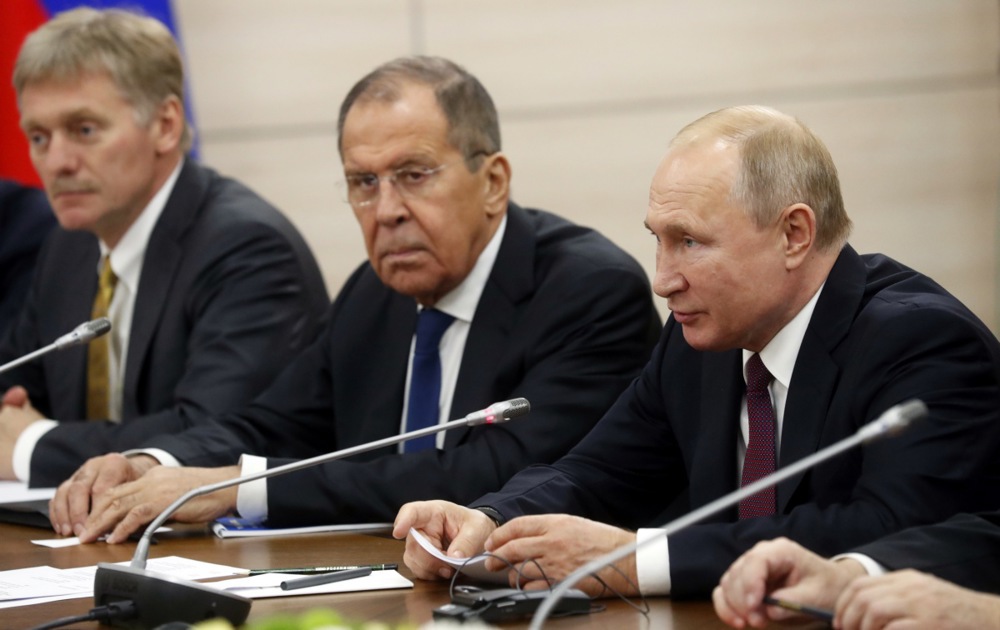Russia’s UN Ambassador Vassily Nebenzia sharply criticized recent claims by Western nations that Iran is pursuing a nuclear weapons program, calling them “manipulative” and “politically driven.” Speaking at an emergency session of the UN Security Council, Nebenzia accused the US, UK, France, and Germany of misrepresenting available data to falsely portray Tehran as a nuclear threat.
Speaking at the UN Security Council on Tuesday, the diplomat condemned the strikes on Iranian nuclear sites as illegal under international law and said they had “created a real threat” of radioactive contamination.
Nebenzia noted that the reports of the International Atomic Energy Agency (IAEA), which carries out inspections in Iran, serve as proof of “the absence of proliferation risks.”
“We want to emphasize that nowhere in the IAEA reports is there any mention of Iran converting its nuclear stockpiles for undeclared or military purposes,” Nebenzia said.
Nebenzia pointed to statements from the IAEA and UN Secretary‑General’s office, which, he asserted, confirm Iran’s nuclear activities are peaceful under international safeguards. “Our Western colleagues continue to speculate about enriched uranium levels…What they prefer not to mention is that reports of the Secretary‑General, 2231 Facilitator, and IAEA Director‑General clearly say that this issue has been resolved,” he emphasized.
He also rejected accusations of Iran violating UN Resolution 2231 by testing ballistic missiles, saying there is “no evidence confirming their possible nuclear nature.”
Nebenzia reiterated Russia’s support for restoring the Joint Comprehensive Plan of Action (JCPOA), stressing its role in verifying Iran’s peaceful nuclear intentions.
Clash at the UN: West vs. Russia and Iran
Western Criticism: The US and European allies argue Iran has enriched uranium to near‐weapons‐grade levels (60–83.7%) and is expanding military capabilities, citing IAEA evidence
Iran & Russia’s Pushback: Both Iran’s and Russia’s UN envoys denounced these allegations as politically motivated. Nebenzia highlighted that UN and IAEA sources do not substantiate Western claims
Diplomatic Tensions: The debate occurred within a fraught context—fresh US‑Israeli strikes on Iranian nuclear facilities and lingering UN concern over nuclear escalation in the Middle East
Why This Matters?
Nuclear Non‑Proliferation Impact: If the JCPOA falters due to Western‑Russia antagonism, it raises risk of military escalation instead of controlled diplomatic oversight.
Shift in UN Dynamics: Russia’s vocal defense of Iran underscores the fractured international consensus on nuclear verification and enforcement.
Regional Security Risks: Fallout from Western strikes and these accusations may embolden both Iran’s strategic posture and diplomatic isolation.
Russia’s UN envoy has accused Western states of fabricating evidence to discredit Iran’s peaceful nuclear program. He urges reliance on IAEA and UN reports, and for a return to JCPOA‑based diplomacy. Western powers, however, maintain serious concerns over Iran’s uranium enrichment and missile tests.
